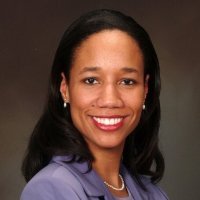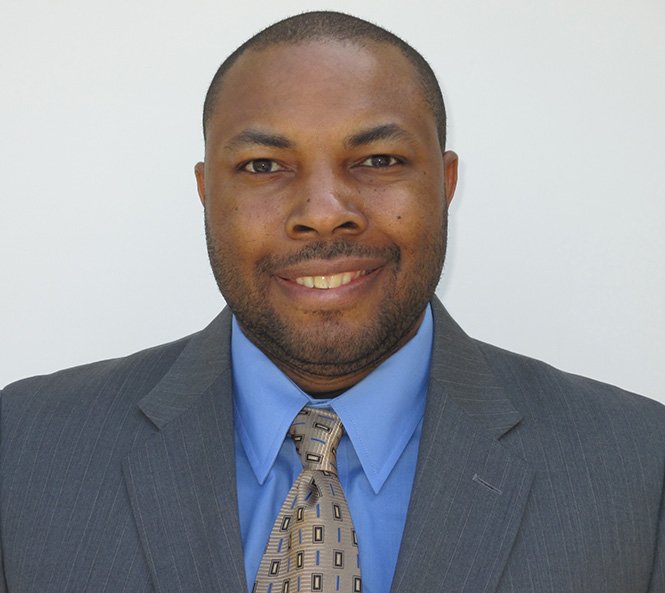It is common for organizations of all sizes, both for profit and philanthropic, to find themselves losing their way. This can result in a loss of growth. Helping corporations to design a path to growth amidst competition and constant change is the job of strategic consultants.
A strategic consultant looks at what an organization’s current strategy is, what has been tried in the past and recommends a strategy to revitalize growth.
Daria Torres, the Managing Partner at Walls Torres Group, a strategic consulting firm, helps non-profits, charitable foundations and corporations to grow…whether their objective is to grow profitably or in social impact.
Aaron Thomas: Daria, what is the most common problem that you help your clients solve?
Daria Torres: The most common problem? Oftentimes the reason the clients are reaching out to me is because they have either reached an impasse in their organizational planning or in their organizational growth. There’s a bit of interconnection between the two which I can describe more if you’d like, but essentially there is some impasse. There is some block to them moving forward.
They may not even recognize what the source of the block is, but they realize that they are not progressing as an organization. That’s typically where the call comes in, either from the executive director if it’s on a non-profit side, or from the president and CEO if it’s on the for-profit side. As you highlighted, my emphasis as of late, and that would be over the past five plus years, has been mostly in the philanthropic sector.
Aaron Thomas: Can you give us an example of … Not naming any names, but an example of a situation or a scenario where you may be called to help an organization with?
Daria Torres: Sure. Let’s imagine you’re a non-profit, you’re based in the DC area and you do work in let’s call it advancing educational equity and you want to understand how you can more effectively have impact in that space and you want to insure that your full team is bought into not only the strategy, but aligned around how it will be executed.
Where the support from a consultant like myself and the team I would assemble could be valuable is in helping to discern what that path forward needs to look like both in terms of its direction and the shape it will take in reaching the ultimate destination of how to achieve greater impact in the space of educational equity. Replicate that by thinking about any sector, any field and any particular impact destination that an organization may want to reach.
Aaron Thomas: From my experience in Corporate America, what I’ve seen is that organizations tend to be in silos. Everybody tends to … Marketing is over here, we do marketing and this group does this, everybody is in their own little silos and it tends to be very institutionalized. Is this a problem that you see with the organizations that you help?
Daria Torres: Absolutely. Absolutely. This is one of those things where awareness is half the battle. If an organization recognizes this, and many have, many have even publicly talked about their challenges with this, for instance SONY. Many years ago the leadership team at SONY developed a clarion call, kind of a charge for the full team to rally together and break down some of these silos and look for ways to more collaboratively problem solve. I think the called it One SONY.
That idea is something that all organizations need to embrace, as you pointed out rightly. Aaron, it’s definitely something that is a common challenge and it takes really coherent steps to address. People have to recognize the value that exists within all different elements of the business and look for ways to kind of work at those intersections between different functional areas, between different programmatic areas such that there’s an opportunity for those … This is cliché, but such as there is an opportunity for those synergies to be realized.
Aaron Thomas: Daria, what I’ve also kind of have seen with organizations is that they kind of felt like if you built it they will come. In other words, if we were to establish something, if we do good work, then people are going to support this. People are going to be behind it and that’s pretty much all you need. If you’re a corporation, all you need to have is a good product or a good service and a good leader and then from that point on everything else should be pretty much automatic. Did you see that as a misconception that people were having?
Daria Torres: I do. I do. It’s an excellent point. I would add to that that another piece of that misconception is that all you need is a great plan for that strong leader to implement around that great product and service. There’s a quote that I love that connects to this misconception. It’s by the CEO at Supercell, which is a mobile game developer. They went from basically being founded in 2010 to be 2013 being valued at almost four billion dollars. The quote is … I’ll paraphrase, but it’s something like the essence of success doesn’t like in having the best plan. It lies in learning the fastest.

